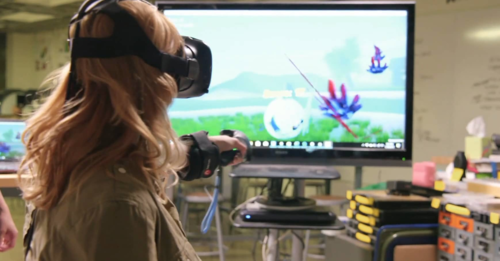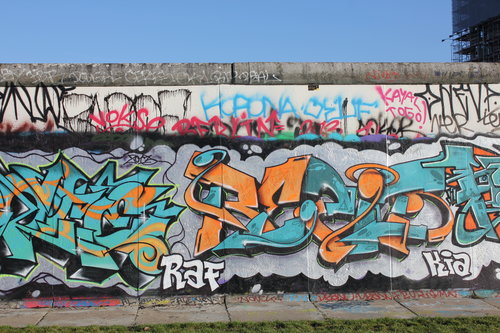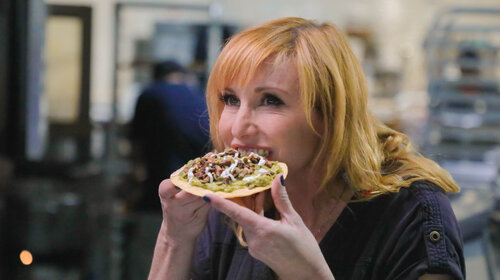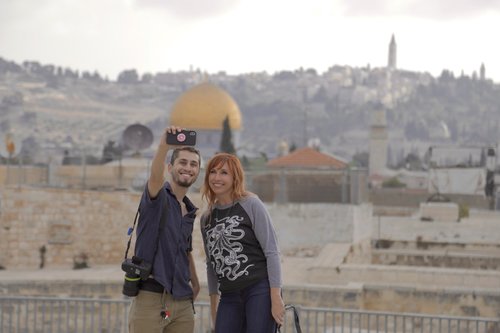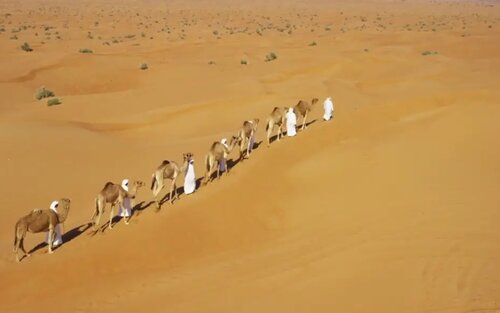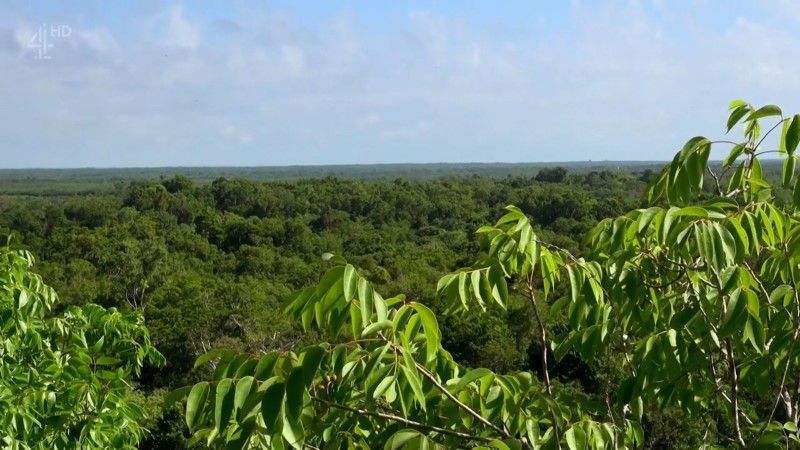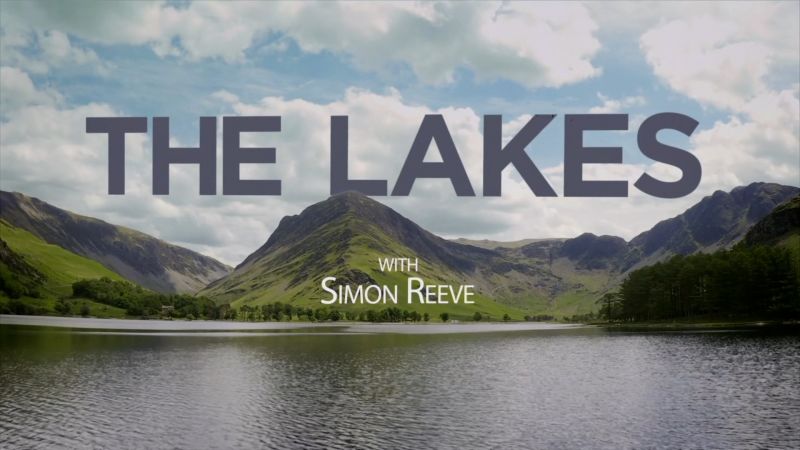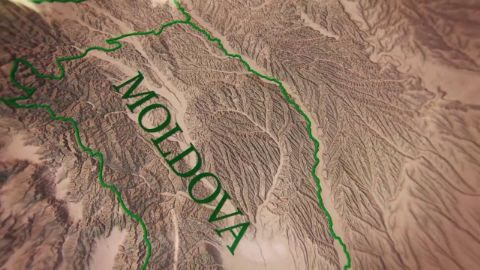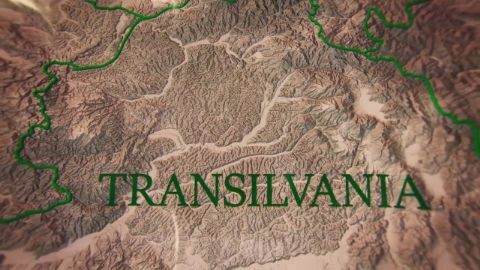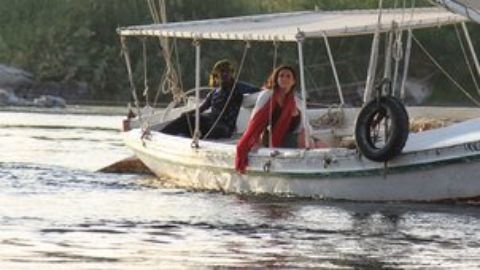Tech for Good, San Francisco, California • 2021 • episode "S1E1" • Crash Test World
How can technology make the world a better place? Looking at the positive impacts of technology. In a world where modern technology has meant a significant increase in screen time for adults and kids resulting in less physical activity and the onslaught of attention deficit and depression, we flip the script and explore ways tech has improved our lives.
Make a donation
Buy a brother a hot coffee? Or a cold beer?
Hope you're finding these documentaries fascinating and eye-opening. It's just me, working hard behind the scenes to bring you this enriching content.
Running and maintaining a website like this takes time and resources. That's why I'm reaching out to you. If you appreciate what I do and would like to support my efforts, would you consider "buying me a coffee"?
Donation addresses
BTC: bc1q8ldskxh4x9qnddhcrgcun8rtvddeldm2a07r2v
ETH: 0x5CCAAA1afc5c5D814129d99277dDb5A979672116
With your donation through , you can show your appreciation and help me keep this project going. Every contribution, no matter how small, makes a significant impact. It goes directly towards covering server costs.
